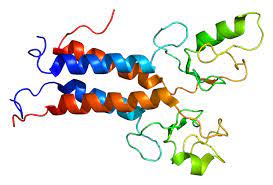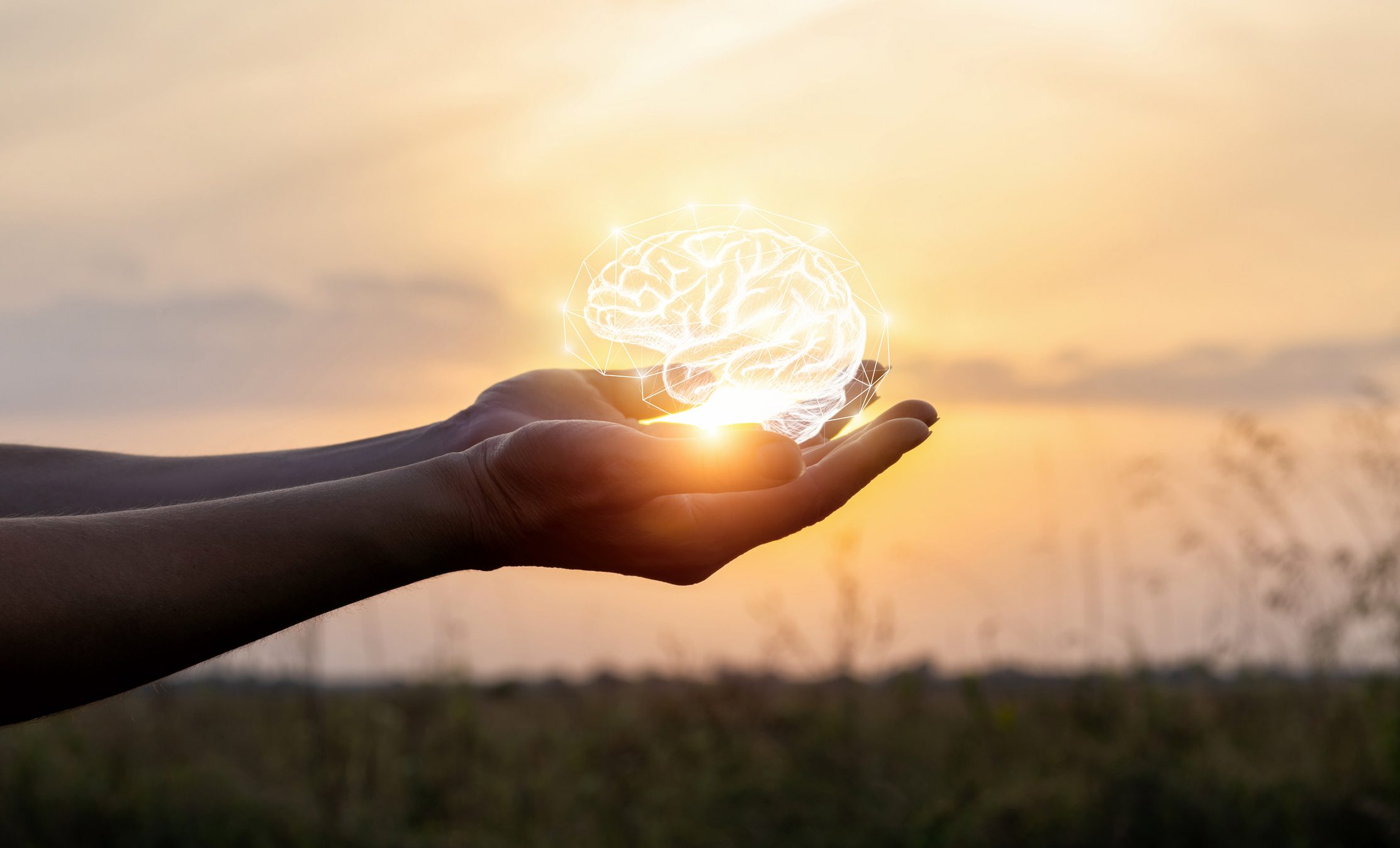Blog
Latest Post
When BRCA Became Personal
January2020, people in US were not thinking of the pandemic, yet. That is the month my journey started, more like a tornado forming and spinning wildly. I found a lesion …
BRCA 1 & 2
I believe many people have heard of BRCA 1 & 2 and associate it with Breast Cancer. Fewer may be aware of the association with Ovarian Cancer. Newer findings, linked …
Eating to be Healthy and Fun
Food is associated with culture, traditions, religions, celebrations and being social. Many cultures make mealtime a lengthy event where they spend hours, at time, to talk, drink and sometimes dance. …
Animals that bring Joy to our Lives
Pets aren’t for everyone but for those who do like animals know the incredible gifts they bring. They love unconditionally Many are very intuitive to the needs of their parent …
Laughter is the Best Medicine
One might say, laughter, it doesn’t need an explanation! who doesn’t feel good when they laugh? I have never heard anyone say, “I will not and cannot laugh because… “. …
Inspiration
When you were growing up did you ever sing the song, “This Little Light of Mine”? Sometimes I catch myself singing it as an adult, even though I can’t remember …
Frequently Asked Questions (FAQs)
As long as you are in good health, a brief liquid fast or cleanse is fine. But don’t expect wonders—other than a sense of personal accomplishment, perhaps: Any physiologist will tell you that properly functioning lungs, liver, kidneys, and intestines do a fantastic job of keeping your body free of impurities without the help of fasting. If you do pursue a fast, always make sure to drink enough fluids to avoid dehydration.
A growing body of evidence strongly suggests that vitamin D in high doses not only helps keep bones strong but also reduces the risk of colon, ovarian, and breast cancers and diseases such as diabetes and multiple sclerosis. And many of us don’t get enough because of a lack of exposure to sunlight (the sun triggers D’s production in the skin) or diets that omit good sources (fatty fish such as salmon, mackerel, and tuna, and fortified milk and cereal). While the official daily dose for people age 51 to 70 is 400 IUs, most experts agree that they should aim for 800 to 1,000 IUs of supplemental D a day. But if you’re under 50 and you consume the recommended 200 IUs (the equivalent of two glasses of milk daily) and get 10 to 15 minutes of sun exposure—without sunscreen—a day, a 400 IU supplement should do you fine.
No. Microwaving doesn’t alter food in any way that could make you sick. All a microwave does is spur the water molecules in your food to move, and the friction of those molecules heats up your meal. The ovens do generate a tiny magnetic field, but there’s very little evidence that such a field poses a problem for humans. What’s more, there’s an easy way to avoid any potential harm—step back when the oven is on.
Swordfish, yes. But for most other fish, the benefits of wise consumption outweigh the risks, according to a landmark study in the Journal of the American Medical Association. Swordfish contains high levels of mercury; canned albacore (white) tuna has more mercury than canned light tuna, which is why the Environmental Protection Agency recommends that women of childbearing age eat no more than six ounces of albacore per week. Though salmon does not pose a mercury risk, it may have PCBs (industrial compounds). Limit servings of farmed salmon to once a month; enjoy wild-caught four or more times a month. To learn which seafood is lowest in contaminants and isn’t overfished, visit OceansAlive.org.
We all have mental health which is made up of our beliefs, thoughts, feelings and behaviours.
It can be difficult to find the things that will help you, as different things help different people. It’s important to be open to a range of approaches and to be committed to finding the right help, and to continue to be hopeful, even when some things don’t work out.
The plastic bag isn’t dangerous, but the chemical residues it traps in your clothing might be, says Sarah Janssen, MD, an expert with the Natural Resources Defense Council, an environmental advocacy group. That smell your dry-cleaned clothes give off is perchloroethylene (perc), is a chemical the state of California classifies as a potential carcinogen. Reduce your exposure by removing the bag and hanging the clothes outside—or in your bathroom with the window open or the fan on—to air. Don’t leave bagged clothes in a hot car: The heat accelerates perc’s release and could make the air in your car toxic, says Janssen.
Sadly, no. The closest scientists have come was a vaccine against synapse-destroying beta-amyloid deposits, a hallmark of the disease. But human trials were stopped abruptly a few years ago when some volunteers developed severe brain inflammation. Still, studies suggest that you can take steps to help your brain—from staying intellectually, socially, and physically active (exercise raises levels of a brain chemical called BDNF that encourages the growth of new brain cells) to eating more fruit, veggies, and salmon.
If you mean, could it give you cancer, the answer is probably not. Diabetes? Unlikely. Osteoporosis? Maybe. And it seems possible that the drinks are related to weight gain. Recent research suggests that having several diet drinks a day can weaken bones and is linked to weight gain, though the causes are very murky. Respected nutritionist Marion Nestle, Ph.D., author of What to Eat and Food Politics, has this to say: “I so prefer real sugar. The other sweeteners are all chemical and all artificial, and I’m not aware of much real evidence that they help people cut calories.” A study published this year indicates just the opposite: In rodents, at least, there’s evidence that the substitutes interfere with the body’s ability to register how many calories it’s taking in—which could lead to overeating.









